As the World Leaders Summit gets underway in Glasgow, WMO warns the past seven years were the hottest on record
The United Nations Climate Change Conference (COP26) has opened in Glasgow with the key aims of raising ambition on all fronts and finalising the agreement’s implementation guidelines.
“The devastating loss of lives and livelihoods this year due to extreme weather events clarifies how important it is to convene COP26 despite the impacts of the pandemic still being felt,” said Patricia Espinosa, executive secretary of UN Climate Change.
”We are on track for a global temperature rise of 2.7C, while we should be heading for the 1.5C goal. Clearly, we are in a climate emergency. Clearly, we need to address it. Clearly, we need to support the most vulnerable to cope. To do so successfully, greater ambition is now critical,” she underlined.
Financial support is crucial for all elements of the climate change regime, including mitigation, but also in terms of adaptation, capacity-building, technology transfer and several other elements.
“We have no choice but to make COP26 a success,” added Espinosa. “For that, we need unity of purpose. We need to leave Glasgow with a balanced package of decisions that reflects the positions of all countries.”
Seven warmest years on record
The past seven years are on track to be the seven warmest on record, according to the provisional State of the Global Climate 2021 report from the World Meteorological Organization.
Global sea level rise accelerated since 2013 to a new high in 2021, with continued ocean warming and ocean acidification.
The report combines input from multiple United Nations agencies, national meteorological and hydrological services and scientific experts. It highlights impacts on food security and population displacement, harming crucial ecosystems and undermining progress towards the Sustainable Development Goals.
“Our planet is changing before our eyes. From the ocean depths to mountain tops, from melting glaciers to relentless extreme weather events, ecosystems and communities around the globe are being devastated. COP26 must be a turning point for people and planet,” said United Nations secretary-general António Guterres.
“Months’ worth of rainfall fell in the space of hours in China and parts of Europe saw severe flooding, leading to dozens of casualties and billions in economic losses,” added WMO Secretary-General Prof. Petteri Taalas.
“Extreme events are the new norm. There is mounting scientific evidence that some of these bear the footprint of human-induced climate change… COP26 is a make-or-break opportunity to put us back on track.”
Greater ambition is required to achieve progress on all elements of the climate change agenda, including reducing emissions, moving adaptation to the centre of the agenda, addressing loss and damage from extreme climatic events and increasing the provision of support to developing countries.
Huge agenda
Having been postponed by a year owing to COVID-19 and having to address items from COP25 held in 2019, COP26 has a huge agenda beyond the key aims.
Currently underway, the World Leaders Summit provides all heads of State or Government with the opportunity to set the stage for COP26.
Climate action stakeholders, representing 15 per cent of the global economy and accounting for around 11 per cent of total CO2 emissions, have already made net zero commitments by (latest) 2050 through the Race to Zero campaign.
These are matched by efforts under the Race to Resilience, which is reaching over a billion people, through activities such as nature-based solutions, disaster risk reduction, agricultural resilience, and finance and insurance.
In addition, UNFCCC is supporting sectoral initiatives in sectors such as sports, fashion, tourism, events, films and aviation and will announce faster implementation and increased collaboration to align these sectors with the 1.5 degree C target of the Paris Agreement.





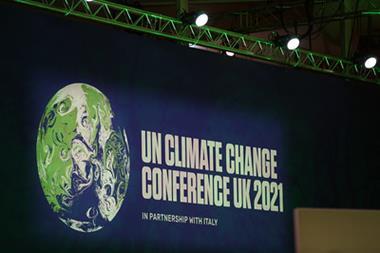
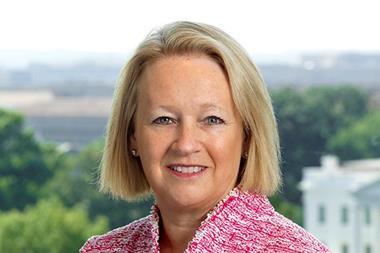
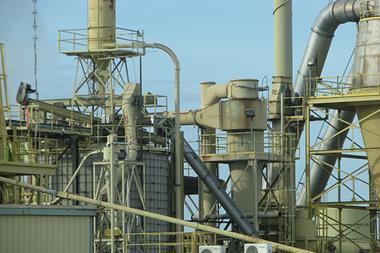

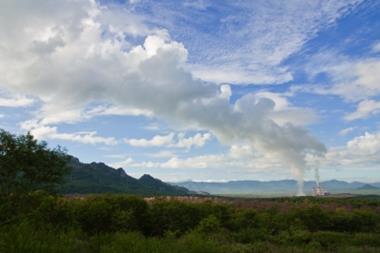
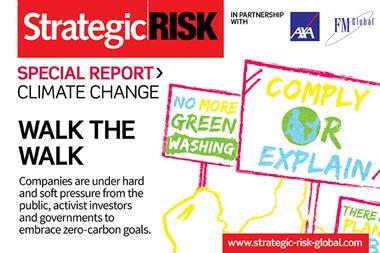
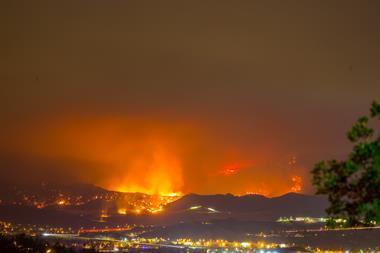








No comments yet